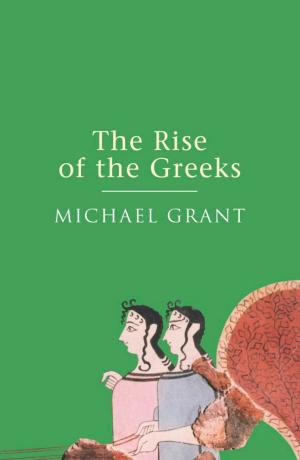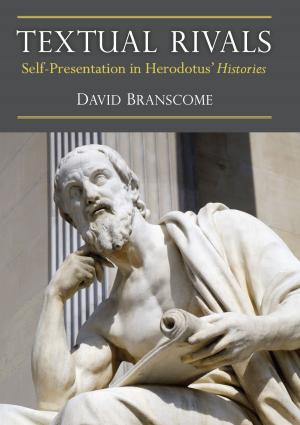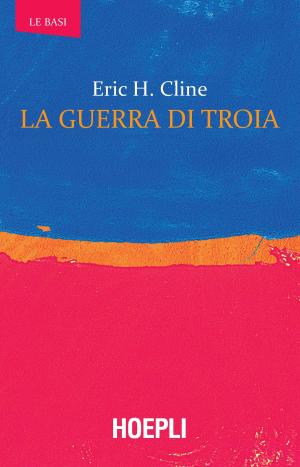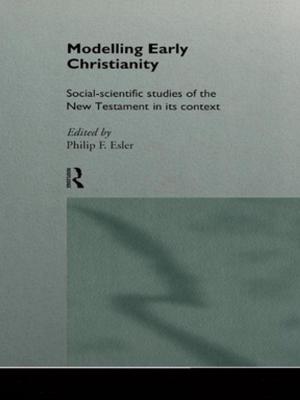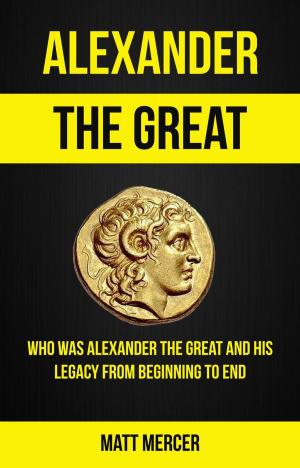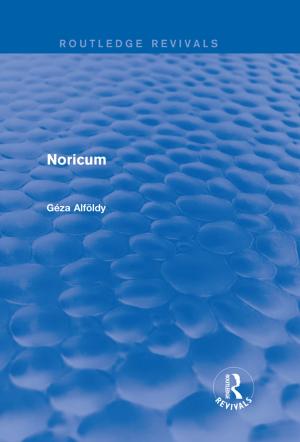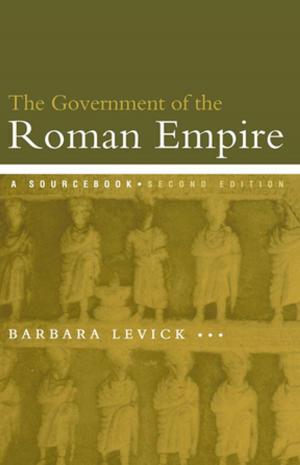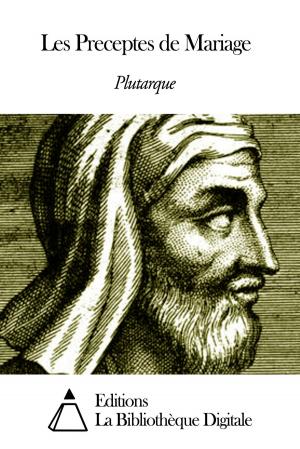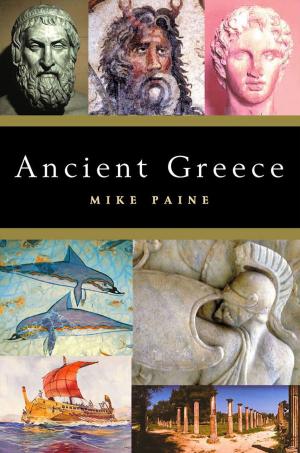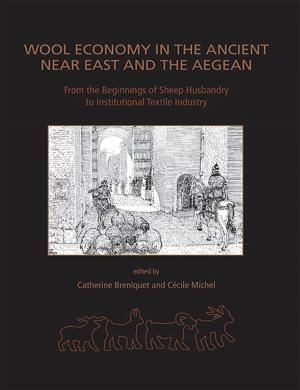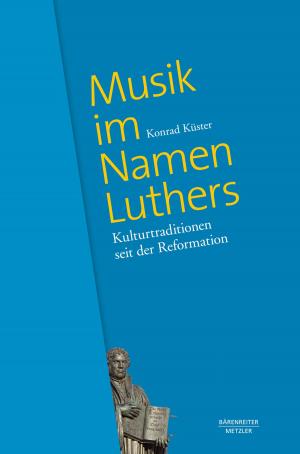GALILEO. Absent from the trial, a Witness Speaks
Nonfiction, Religion & Spirituality, Bible & Bible Studies, Study, Old Testament, Commentaries, History, Ancient History| Author: | Joël COL | ISBN: | 9791094062005 |
| Publisher: | AutoÉdition Méguila | Publication: | January 2, 2015 |
| Imprint: | Language: | English |
| Author: | Joël COL |
| ISBN: | 9791094062005 |
| Publisher: | AutoÉdition Méguila |
| Publication: | January 2, 2015 |
| Imprint: | |
| Language: | English |
Version:1.0 StartHTML:0000000167 EndHTML:0000004070 StartFragment:0000000451 EndFragment:0000004054
GALILEO
Absent from the trial, a Witness speaks
An evening at the Aurel's
In his first book « Entre Galilée et l’Église : La Bible » (Between Galileo and the Church : the Bible), the author enlightened us, by means of a thorough semantic study, that the scientific discoveries of Galileo were in perfect agreement with the Original Texts of the Bible but in disagreement with their translations.
This, which should not be ''put under the bushel'', makes the Hebrew and Greek Texts a real witness and strong defender of the astronomer.
Absent from the trial of the scholar, they made Spicace - one of the characters of this second book a little fictionalized – say that « the absent are not always in the wrong. »
This dialogue shows that Man is still happy, as in the past, to keep his traditions alive and to reject the Truth.
But, does not Truth always triumph in the end?
Version:1.0 StartHTML:0000000167 EndHTML:0000004070 StartFragment:0000000451 EndFragment:0000004054
GALILEO
Absent from the trial, a Witness speaks
An evening at the Aurel's
In his first book « Entre Galilée et l’Église : La Bible » (Between Galileo and the Church : the Bible), the author enlightened us, by means of a thorough semantic study, that the scientific discoveries of Galileo were in perfect agreement with the Original Texts of the Bible but in disagreement with their translations.
This, which should not be ''put under the bushel'', makes the Hebrew and Greek Texts a real witness and strong defender of the astronomer.
Absent from the trial of the scholar, they made Spicace - one of the characters of this second book a little fictionalized – say that « the absent are not always in the wrong. »
This dialogue shows that Man is still happy, as in the past, to keep his traditions alive and to reject the Truth.
But, does not Truth always triumph in the end?

